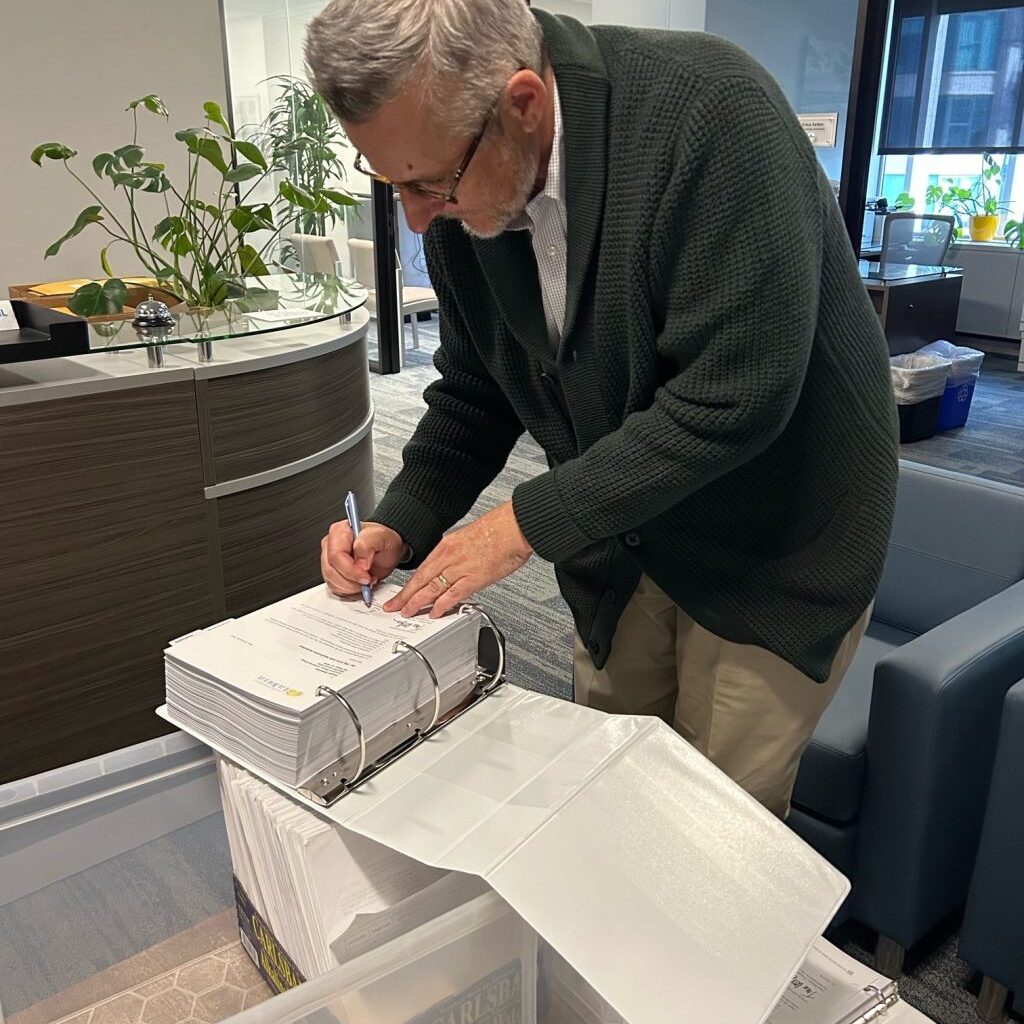A San Diego judge has tentatively ruled in favor of the Association for the City of La Jolla in its ongoing legal battle with the city of San Diego over La Jolla’s potential cityhood, saying the proceedings “can move forward.”
The ruling by Superior Court Judge Judy Bae, released Oct. 23, grants a motion from the cityhood advocates that argues a city lawsuit filed in June challenging the incorporation process is a strategic lawsuit against public participation, or SLAPP — what the association calls a “meritless attempt to obstruct democratic participation and silence a public interest effort through costly litigation.”
If Bae makes the tentative ruling final at a hearing scheduled for 9:10 a.m. Friday, Oct. 24, the city’s lawsuit would be dismissed and the San Diego Local Agency Formation Commission, a regional agency that provides guidance to communities seeking to become cities, can move ahead with the next steps in the cityhood process, which include a comprehensive review of the Association for the City of La Jolla’s application, submitted in January.
Representatives of ACLJ and the city could not immediately be reached for comment about the tentative ruling.
ACLJ filed its anti-SLAPP motion Aug. 25, contending the lawsuit was an attempt “to squelch the First Amendment rights of the association, its members and the thousands of La Jolla residents who signed the petition to pursue the possibility of creating a new city.”
ACLJ set out last year on a six-month effort to gather signatures from 25% of La Jolla’s registered voters, or 6,536, in support of the separation initiative — a required step to keep the cityhood application process going.
In mid-December, the group submitted nearly 8,000 signatures for review and validation by the San Diego County registrar of voters office and LAFCO.
However, the registrar of voters office said in March that the group fell 1,027 short of the number required because of signatures determined to be invalid or in need of information such as a date or an address.
LAFCO gave ACLJ from March 17 to April 1 to correct the invalid signatures, collect new ones or both to fill the gap. The group came up with 1,506.
On April 29, the association received a letter saying it had collected a total of 6,772 valid signatures, putting it over the threshold.
Soon after, San Diego Mayor Todd Gloria issued a formal objection that argued LAFCO overstepped in the process of verifying the signatures, and he disputed many of the signatures that ultimately were deemed valid.
LAFCO conducted a secondary review of the contested signatures on the supplemental petition and ultimately “overruled the [registrar’s] rejection on 239 signatures,” the city said.
Of the 239 “resurrected” signatures, the city said it was “allowed to review 212.” The city contended that of those, only 33 were valid, and it objected to the remaining 179.
The city also said it “objects to LAFCO’s secondary review of the signatures [ACLJ] contested” and believes the registrar of voters should be the authority on whether signatures are valid.
On May 2, LAFCO issued a formal response to San Diego’s objection, calling many of the city’s claims “inaccurate” and saying it was moving forward with the cityhood application process.
Ten days later, the San Diego City Council decided on a 6-0 vote during a closed session to authorize legal action over LAFCO’s handling of the petition signatures.
On June 19, the city filed suit seeking to stop LAFCO and its executive officer, Keene Simonds, from proceeding.
The lawsuit was amended in July to state that the cityhood review process would impose “substantial irreparable harm” on San Diego due to the costs associated with staff time required for the next steps and that dedicating staff members’ time to that process would take away from “performing their core functions.”
The city sought “preliminary and permanent injunctions ordering LAFCO and [Simonds] … to rescind the certificate of sufficiency” and issue a certificate of insufficiency indicating that the petition “was not signed by the requisite number of signers and enjoining LAFCO from continuing the proceedings.”
Bae’s tentative ruling addresses several of the core issues raised by the city — among them Simonds’ secondary review of the signatures and ability to overrule the registrar of voters’ determination — and concluded in favor of the Association for the City of La Jolla. ♦
Originally Published: October 23, 2025 at 6:52 PM PDT

